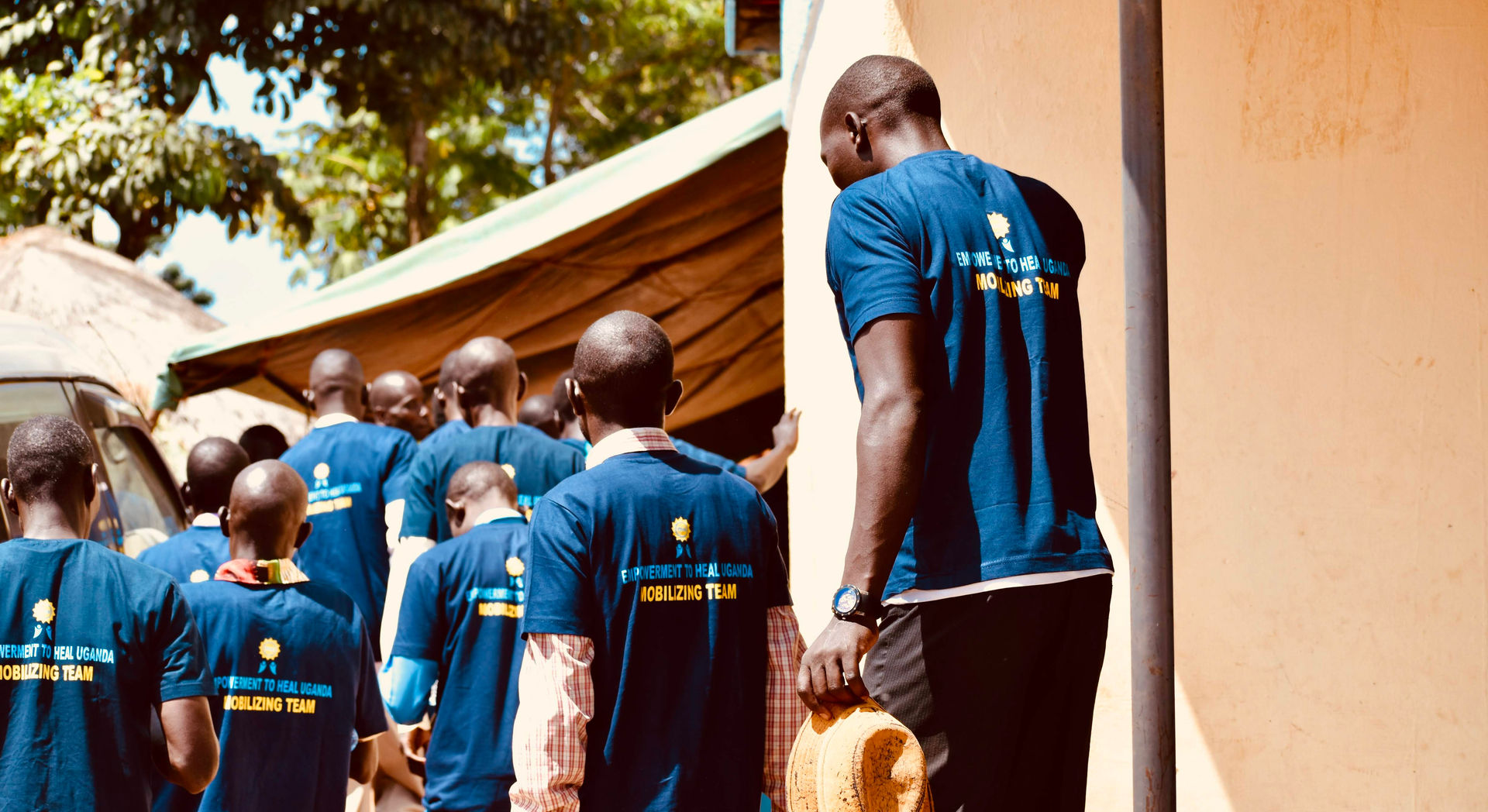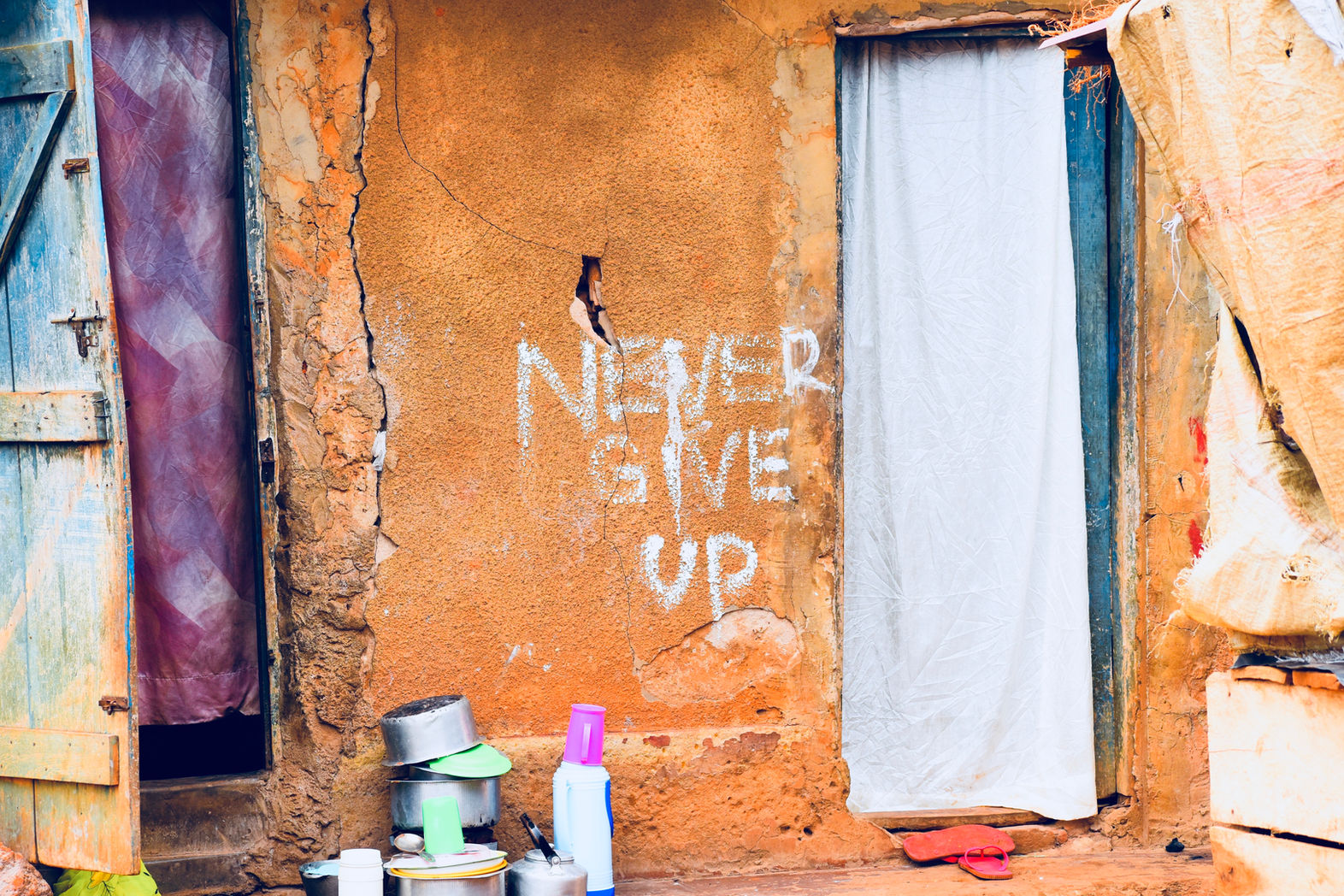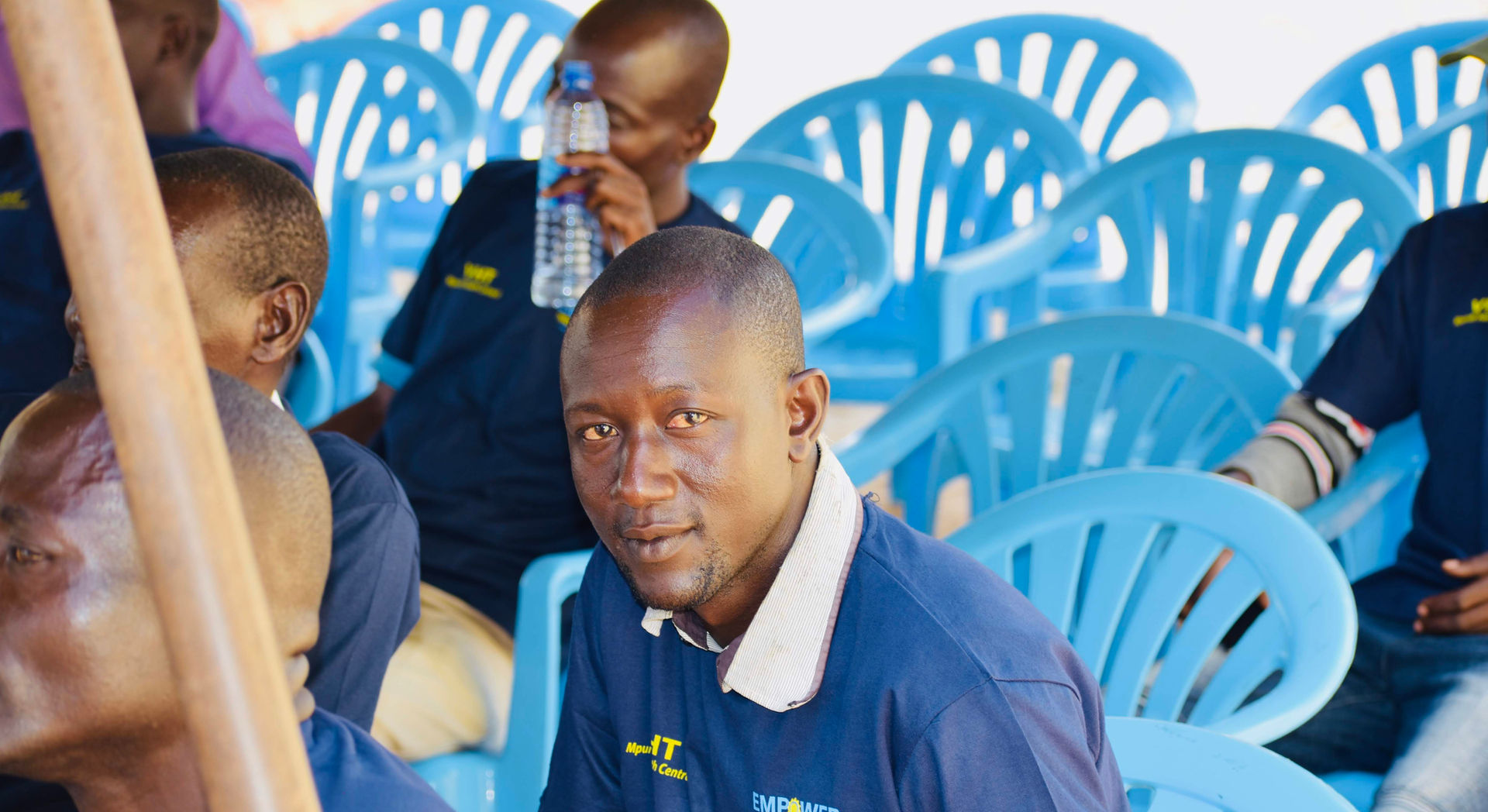Our Story
Empower Through Health (ETH) was founded in 2018 with a simple but urgent conviction: all lives are equally valuable, and the way global resources are distributed today does not reflect that truth. If we are to live by our fundamental values, our systems - including our health and educational systems - must reflect the dignity, worth, and potential of every human being.
ETH grew out of relationships first. Before the organization formally existed, Jae (Yang Jae Lee) developed close friendships beginning in 2015 with Ibrahim Ssekalo and Kazungu Rauben - two Ugandan public health leaders whose integrity, vision, and local knowledge would shape the future of ETH. Jae had collaborated separately with each of them on early health initiatives in Uganda, and these relationships - built on trust, mutual learning, and shared values - formed the foundation of what ETH would become.
In its first year, ETH was built by a small team of four: Jae, Ibrahim, Kazungu, and Scott Blackwell, a longtime friend and college roommate of Jae. Together, the team worked across borders and time zones to design ETH’s first programs and raise the support needed to make the vision real.
In 2018, ETH launched the Mpunde Health Center, which today serves over 15,000 people annually in Buyende District, Uganda. Mpunde became more than just a clinic - it embodied a core principle that still guides us today: that health systems must be built with communities, not just for them.
In 2020, ETH expanded its focus to include educational initiatives, based on the belief that realizing the equal value of all lives requires building global humility and competence in the next generation of leaders. ETH launched the Global Health Experiential Fellowship (GHEF) - an immersive global health research experience for predoctoral students from both Uganda and the United States. The program has now trained over 200 alumni. ETH is also in the process of starting a primary school in Mpunde to further invest in the future of the community.
Building on this foundation, ETH is focused on co-developing scalable, community-led interventions that improve physical, mental, and occupational health in low-resource settings. These efforts are driven by local priorities and expertise, guided by research, and grounded in long-term relationships of trust.
Today, ETH continues to grow under a shared Ugandan and American leadership structure. Our work remains grounded in the belief that health is not a luxury, equity is not charity, and agency belongs to all.

Mission Statement
We work to empower the world’s most vulnerable to live in better health and give people agency to determine their own destinies. We seek to incubate an interdisciplinary and intercultural innovation hub where dedicated and talented people can work together to find solutions to humanity’s most pressing issues.
Philosophy
We believe:
-
All human lives are equally valuable.
-
Sickness frequently stems from poor living conditions.
-
Those conditions must be addressed to improve health outcomes.
-
Long-term, sustainable improvements can only be realized through active, continuing collaborations with the targeted communities at all levels.


Approach
Our interdisciplinary team provides direct clinical healthcare, conducts research projects, and provides health education to our catchment area.
We address health disparities at every level, from individual patient care, to community wide health screenings, volunteer capacity building, and student education.
Collaboration
In all of these areas of endeavor, we actively seek partnerships with local and governmental entities so that all projects are thoroughly collaborative. We work with the community health workers of 54 villages to ensure there is local input. All interventions by ETH are supported by baseline and community-based feasibility studies.

























